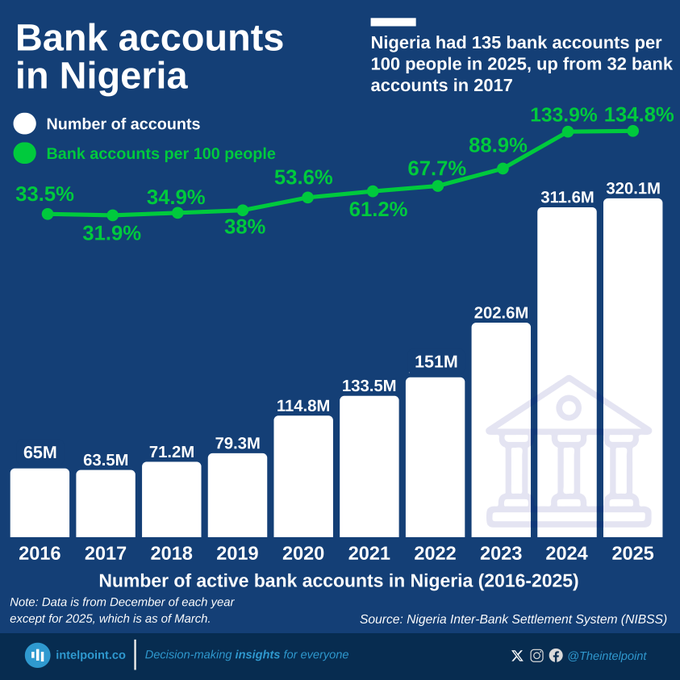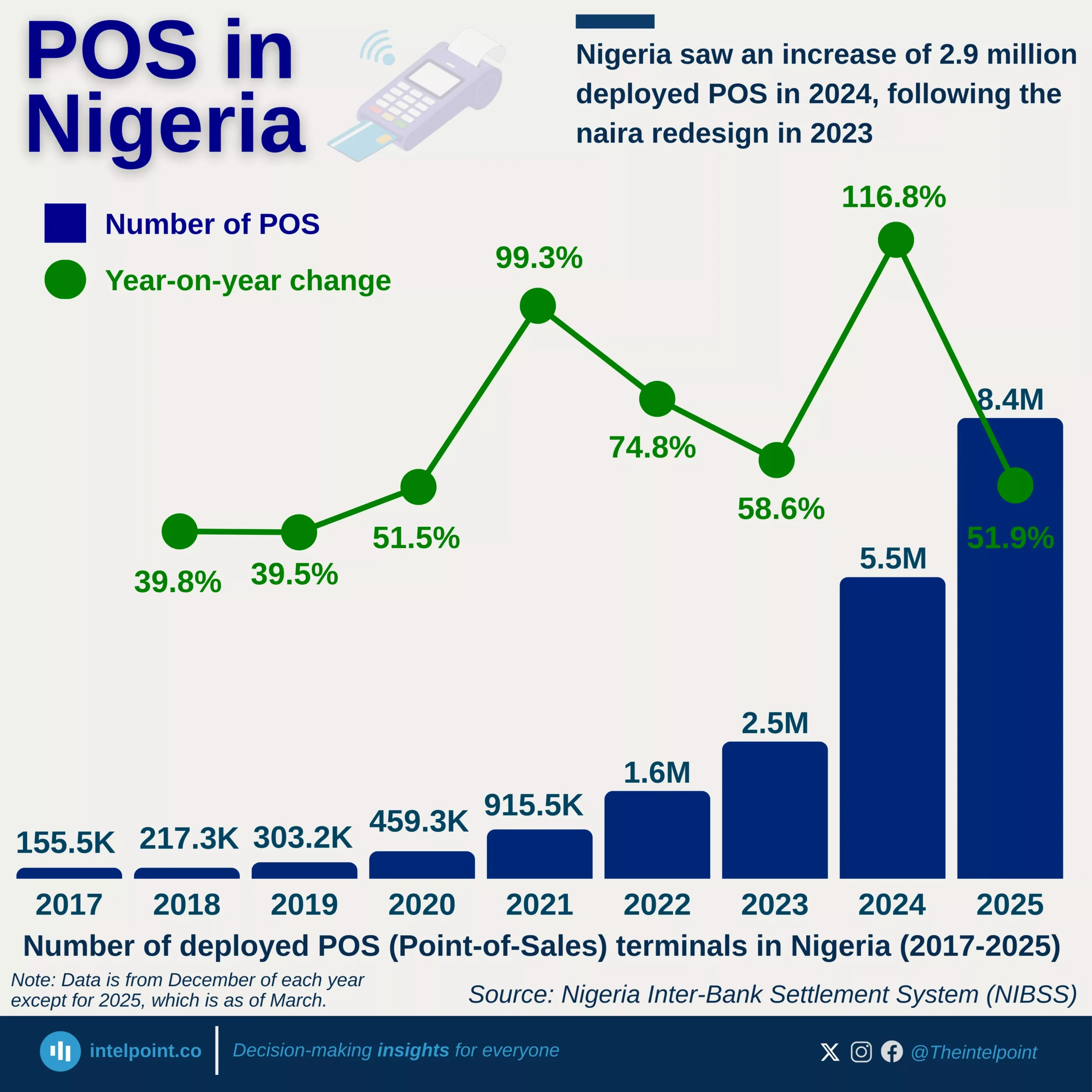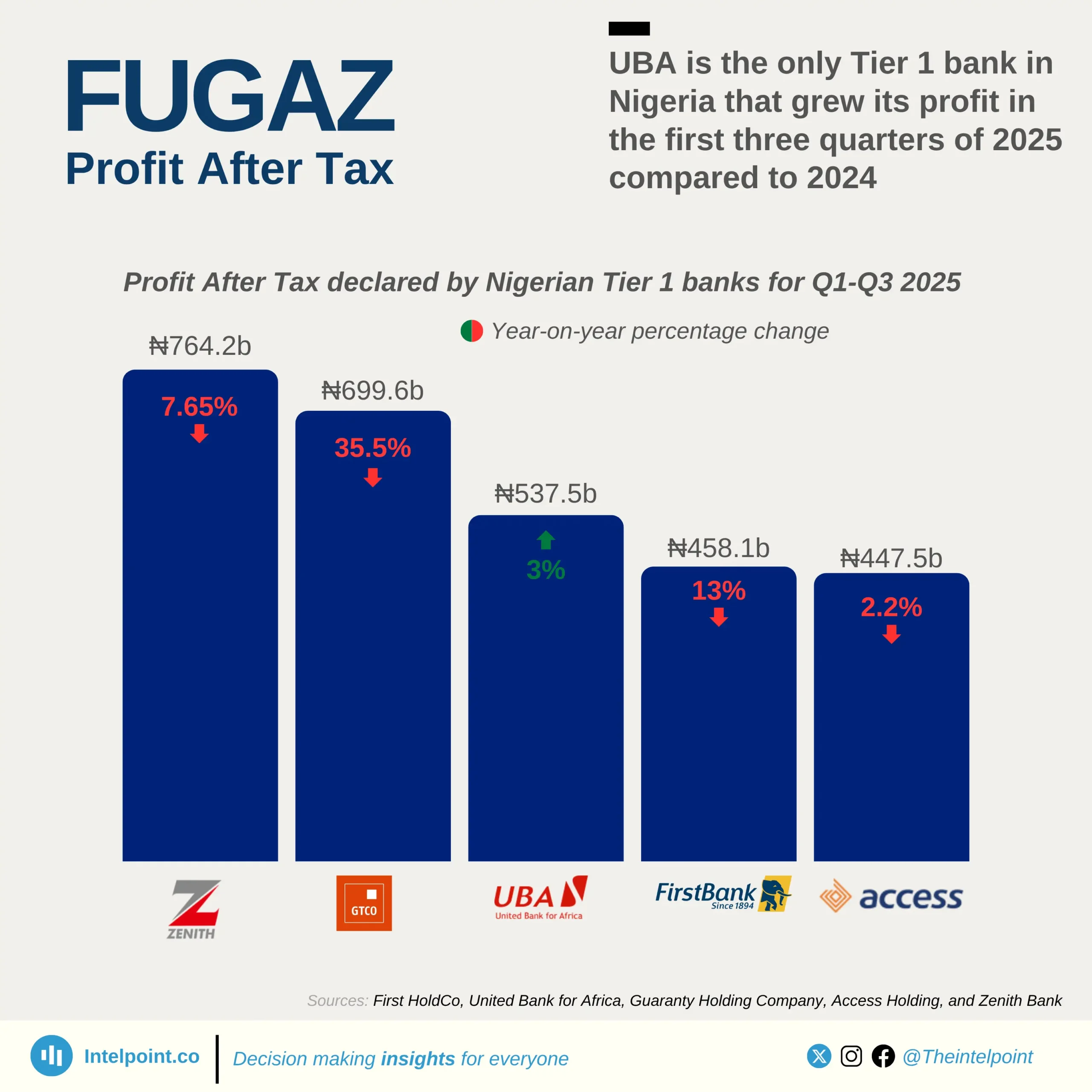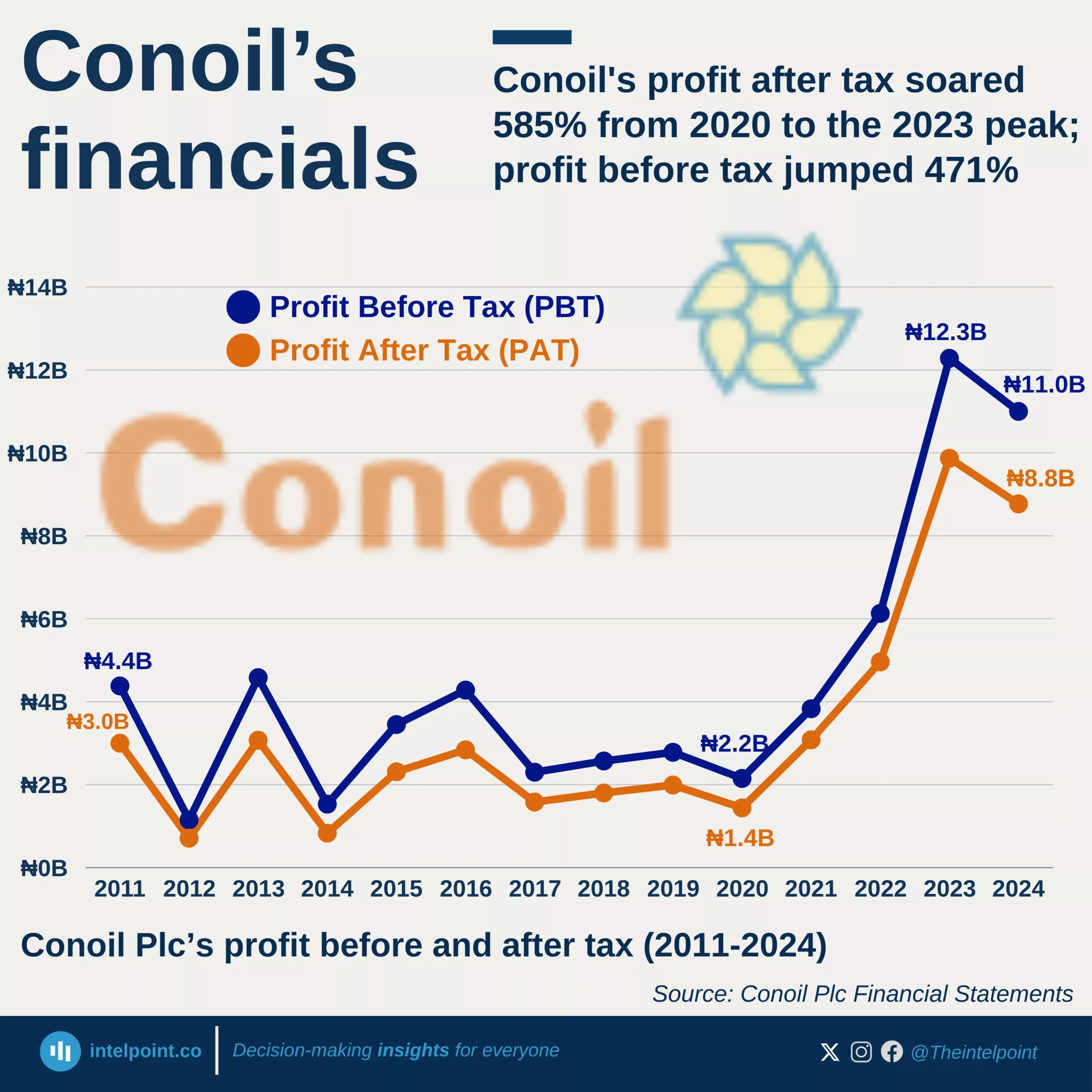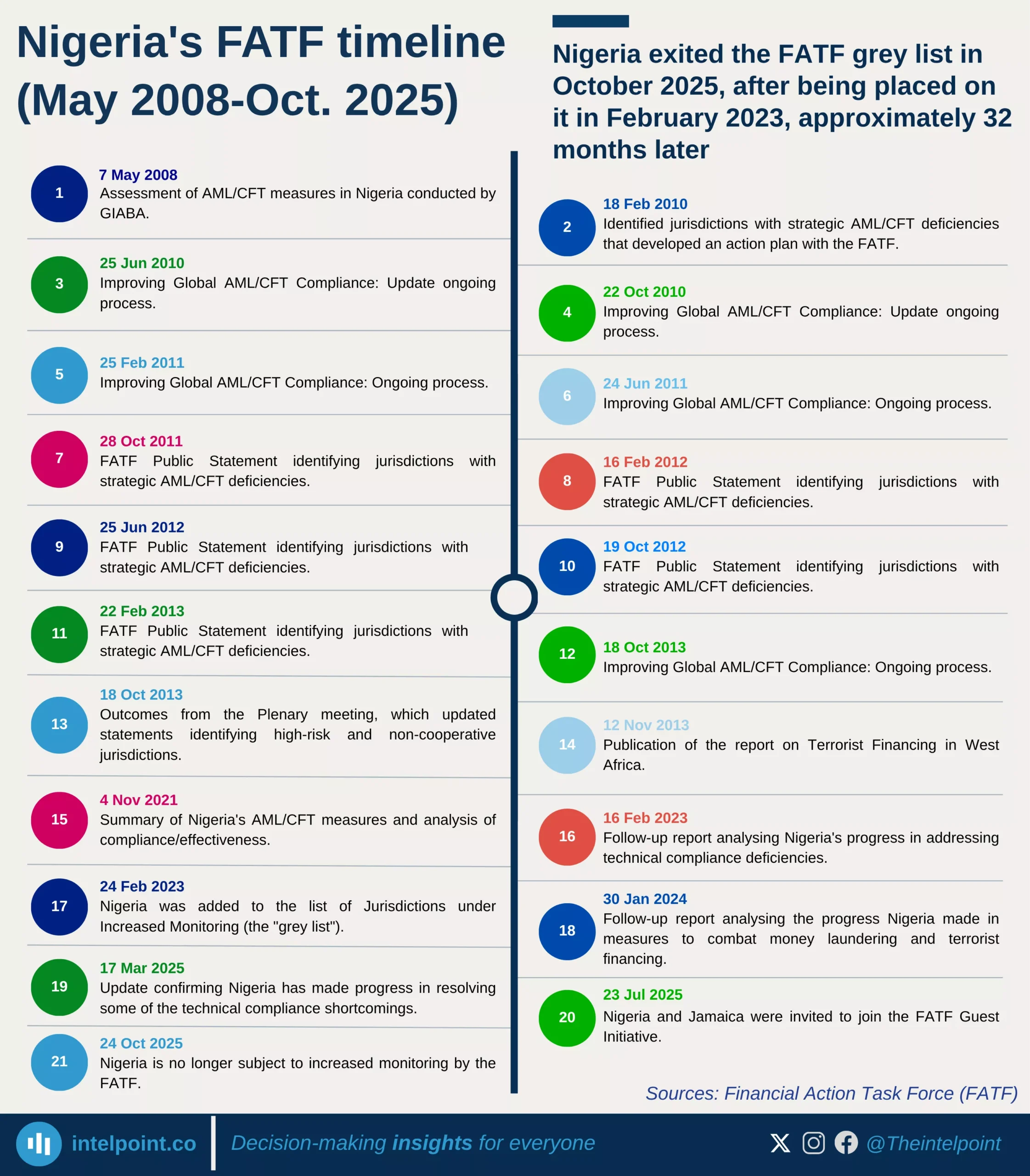The Manufacturing industry consistently received over half of the DMB credit to the Nigerian industrial sector every month from January to September 2024. The Oil and Gas industry also remained significant, with its share fluctuating between 40.0% and 42.8% over the nine months. Notably, there was a small proportion of credit allocated to the Power and Energy industry, which consistently received less than 5% of the total credit to the Industrial sector.
